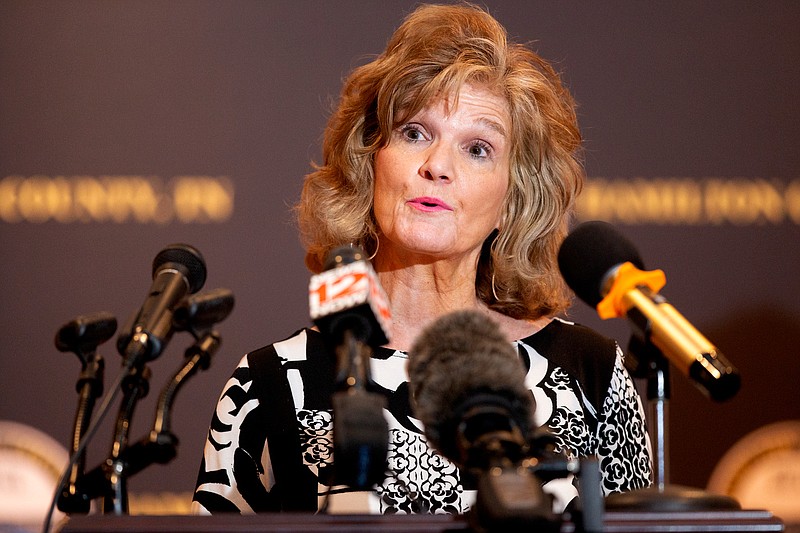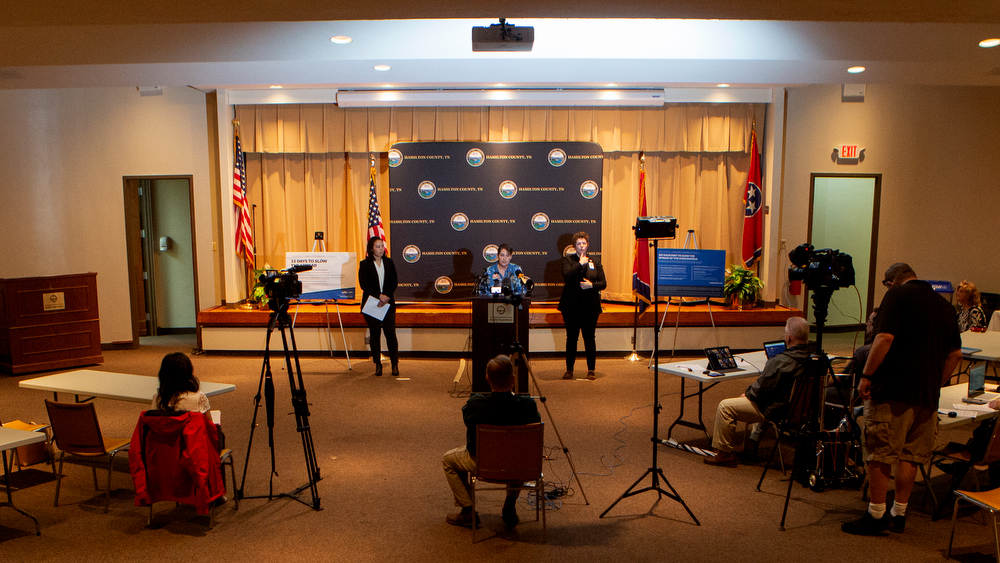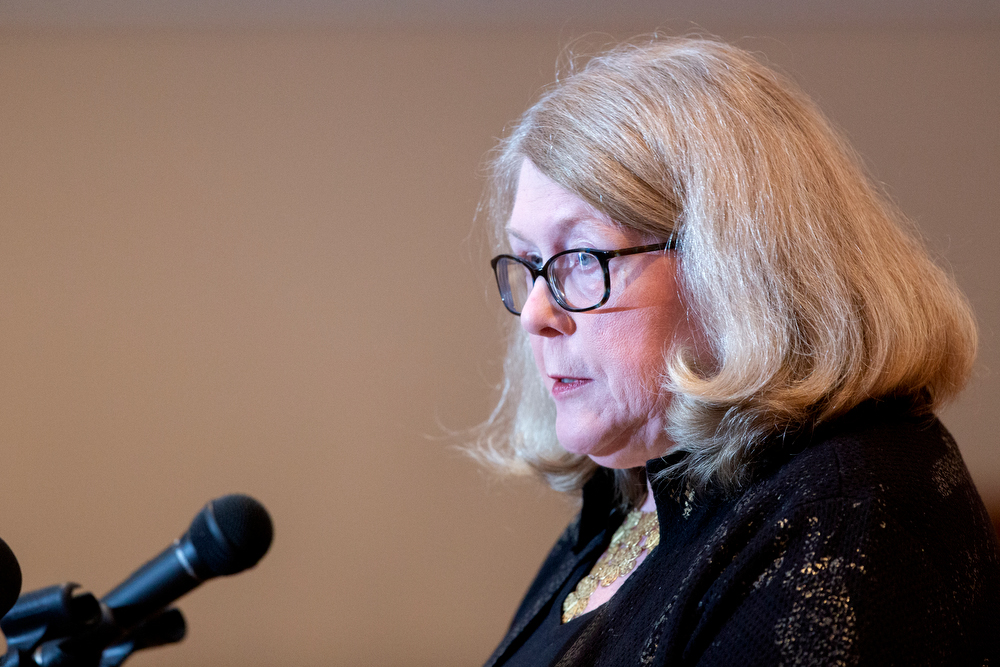For answers to frequently asked questions about the coronavirus, click here.
As the number of known COVID-19 cases in Hamilton County grows, the county, the city of Chattanooga and the area hospitals are scrambling to expand screening and testing availability needed to curtail further spread of the virus.
At a news conference on Friday afternoon, the Chattanooga-Hamilton County Health Department announced that the number of known cases in the county had risen to eight in one week since the first local case was announced.
A 73-year-old man in Nashville became Tennessee's first fatality linked to the new coronavirus, authorities said late Friday.
Since local providers began testing for the new virus, the health department had received a total of 57 test results, with 49 of those returning negative, from both public and private labs. It's impossible to know how many tests are pending, since the department doesn't know how many samples providers have shipped to private labs. However, the county has isolated or is monitoring 36 more residents for possible COVID-19 infection, according to a health department spokesman.
(READ MORE: These are the Tennessee, Georgia and Alabama COVID-19 cases by county)
Supply shortages, logistical challenges and other barriers have hampered coronavirus testing efforts across the country, meaning the government is failing to account for what could be thousands of additional infections nationwide.
Local government and hospitals are seeking additional personal protective gear and other supplies to expedite the process and make testing more accessible. In the interim, Rae Bond, CEO of the Chattanooga-Hamilton County Medical Society, said the medical community must ration medical supplies so they're on hand to treat the most vulnerable patients. Now, COVID-19 test supplies are "extremely low" in the region.
COVID-19 testing criteria
In order to meet COVID-19 testing criteria, individuals must have specific symptoms — fever over 100.4, cough, shortness of breath — and providers must first rule out other conditions during a medical screening. Individuals who within 14 days of symptom onset had close contact with a suspect or laboratory-confirmed COVID-19 patient, or who have a history of travel from affected geographic areas within 14 days of their symptom onset also qualify for testing. Anyone who meets these criteria should call the provider before arriving to discuss protocol.
"Our community is facing the same challenges as many other communities in our state and country. That is, many people who are concerned but do not have symptoms wish to be tested [for COVID-19]. CDC guidelines do not provide for testing without clinical symptoms," Bond said, while speaking at a news conference on behalf of the entire medical community, including Chattanooga's major hospitals - Erlanger Health System, CHI Memorial and Parkridge Health System. Anyone with symptoms who's seeking medical care should call the provider before arriving to discuss protocol.
Bond also stressed the importance of health care workers receiving testing priority, because they are needed on the front lines - not isolated at home, sick or worse - to provide care throughout the pandemic.
"It's important for the public to know that if a large number of health care workers in any community is exposed to a virus - forcing them to leave their jobs - it would be impossible for hospitals to adequately care for all the vulnerable patients they treat, many of whom have life-threatening illnesses or injuries," Bond said.
Officials said the time spent waiting on test results has also posed a problem. Barnes said for tests going through the state lab, results typically come back somewhere between 48 hours and five days. As far as tests going through private labs, Bond said hospitals and medical practices are reporting an average turnaround time of six to seven days from the time they send material to the lab and receive results. Factors that can affect how quickly tests are processed include proximity of the lab as well as the volume of tests in the queue.
"Everybody is trying to step up processing as quickly as possible, but this is really an unprecedented situation in our country," Bond said.
Health Department Administrator Becky Barnes announced that a handful of non-essential health department services are temporarily suspended, including home visits and community outreach, community meetings, routine restaurant inspections, preventative dental services, well child physical exams and the car seat programs.
Essential services, such as vital records, STD testing and treatment, tuberculosis control, required immunizations, some family planning and homeless health services, emergency dental care, breastfeeding support and pediatric lead testing remain available. The county's nutritional supplement program for women, infants and children is still operating over the phone, Barnes added. The health department does not now test people for coronavirus.
In the meantime, the city and county have both taken steps to encourage social distancing, with hopes that preventative measures will help minimize the spread of the disease as testing and treatment ramp up slowly across the state and country. Avoiding contact with infected people is the best way to stop the spread of coronavirus, since there is no vaccine or cure. The vast majority of people recover from the illness, but about 20% of people with COVID-19 develop pneumonia requiring hospitalization.
Most recently, Chattanooga Mayor Andy Berke announced Friday that 75% of the city's employees- not including trash, police, public transportation or sanitation workers - were working remotely.
"I know that [health care providers] are being extremely judicious about testing," Berke said on a call with members of the media Friday. "We're doing what we can to prevent the spread of this virus ... we're trying to make the decisions that other cities wish they had already made."
Contact Elizabeth Fite at efite@timesfreepress.com or 423-757-6673.
Contact Sarah Grace Taylor at staylor@timesfreepress.com or 423-757-6416. Follow her on Twitter @_sarahgtaylor.


